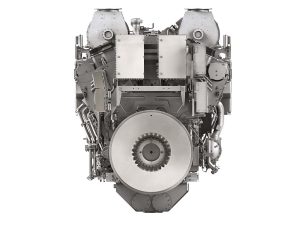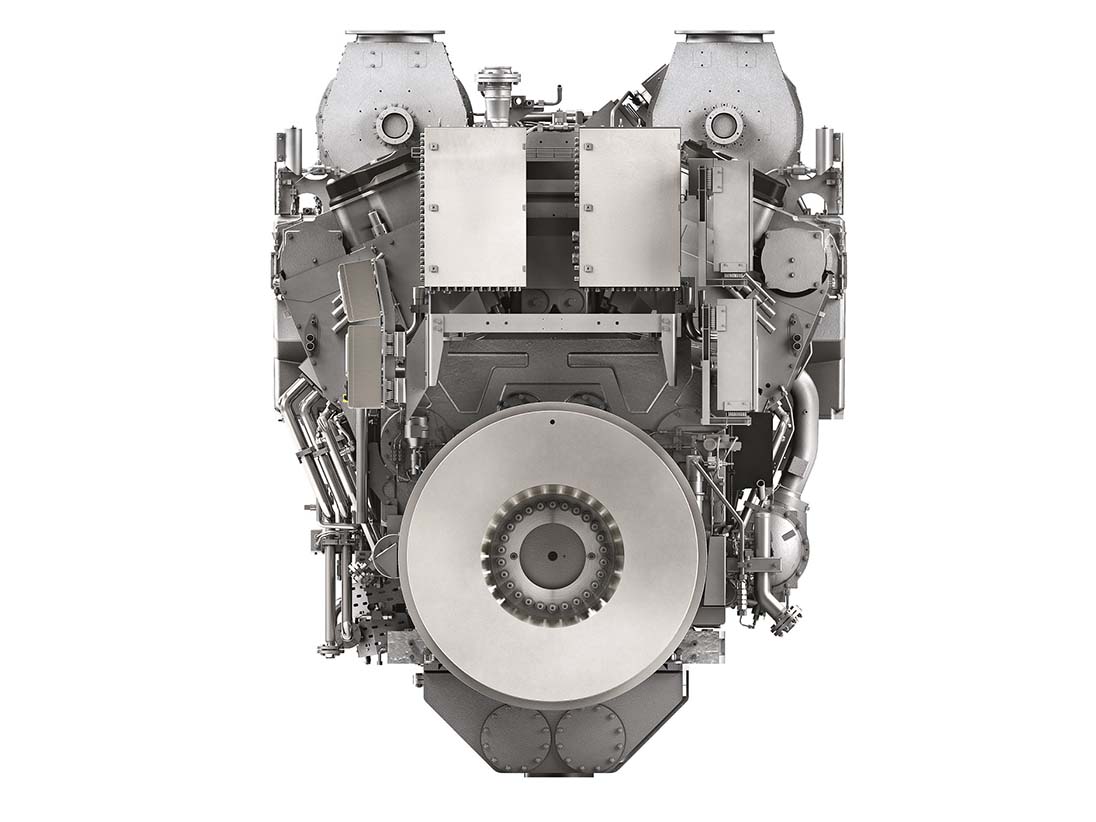The Approval in Principle (AiP) for upgrading four-stroke engines to dual-fuel methanol operation marks a significant step toward sustainable shipping. This innovative concept, developed in collaboration with RINA and MAN Energy Solutions, offers shipowners greater flexibility and future-proof solutions as the industry transitions to cleaner fuels. Methanol, a carbon-neutral fuel with easy handling and lower emissions, is gaining traction as a viable alternative. With its retrofit potential, this upgrade paves the way for cost-effective, eco-friendly operations, aligning with global net-zero goals. Recent interest from industry leaders like Norwegian Cruise Lines Holdings underscores methanol’s growing role in decarbonizing maritime transport.
With methanol fueling gaining momentum, most of the focus has been on large two-stroke engines, but interest in methanol-fueled four-strokes is growing and classification society, RINA has now granted Approval in Principle (AiP) certificate to MAN Energy Solutions for its MAN L/V 32/44CR methanol-ready four-stroke engine.

The AiP covers an upgrade concept for the conversion of the four-stroke engine to dual-fuel operation on methanol to provide greater flexibility to shipowners.
“This AiP is based on our recently published Methyl Alcohol Fueled Ready notation,” said Patrizio Di Francesco, EMEA special projects manager at RINA. “Methanol is a fuel with a lot of potential as a clean, carbon-neutral fuel and the industry is already showing concrete appreciation of it. The successful cooperation with MAN is a further step towards the availability of future-proof solutions for shipowners.”
Being methanol-ready eases the path for owners to switch to the fuel.
Elvis Ettenhofer, head of new marine solutions at MAN Energy Solutions, said: “This approval by RINA is significant as we move towards net zero. A major advantage of our four-stroke portfolio is its inherent retrofit potential, which enables us to provide shipowners with cost-effective solutions and flexibility regarding future fuels. In this latter respect, there is no doubt but that interest in methanol is growing and that it will have a prominent role to play within shipping.”
As we reported recently, shipowners exploring the use of methanol in four-strokes include Norwegian Cruise Lines Holdings, which recently signed an MOU with MAN Energy Solutions to retrofit a medium-speed MAN 48/60 four-stroke engine to make it capable of dual-fuel diesel/methanol operation.
Methanol has several physical advantages as a fuel, including a liquid state at ambient temperatures and its accordingly easy handling aboard vessels, compared to gaseous fuels. Under combustion, methanol also emits fewer NOx emissions than diesel fuel and no SOx nor soot emissions.
Finally, says MAN, methanol is also much less hazardous to marine life compared with conventional marine fuels. The AiP certificate permits the use of ships’ outer ship hulls as bunker tanks, thereby increasing fuel-storage capacity on-board.
Reference: www.marinelog.com

